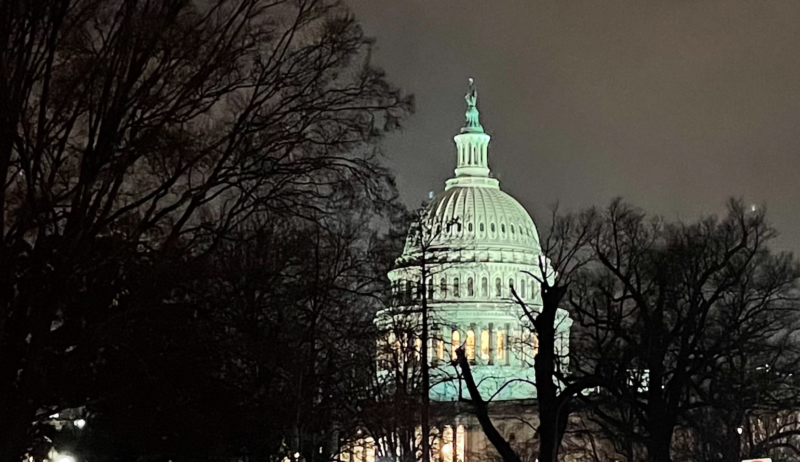
RadWaste Monitor Vol. 15 No. 6
Visit Archives | Return to Issue PDF
Visit Archives | Return to Issue PDF
RadWaste & Materials Monitor
Article 1 of 11
February 11, 2022
DOE Seeking Input on Nuke Credits Auction Process

The Department of Energy announced this week that it was seeking stakeholder input on an auction process for doling out several billion dollars in federal tax credits for financially-troubled nuclear power plants, according to a press release.
DOE on Friday unveiled…
Partner Content